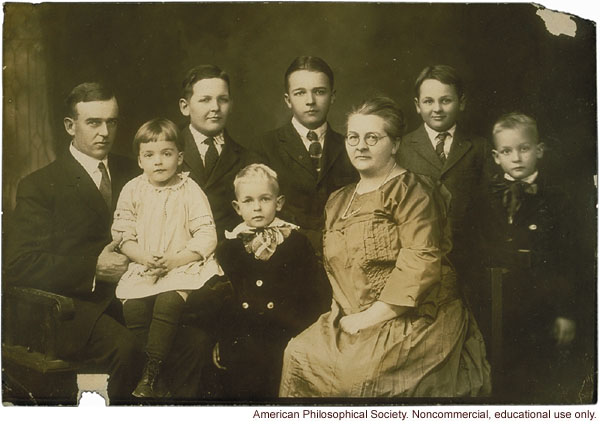Those are lines from a commercial for the new NBC sitcom The New Normal, which, from what I can tell from the previews, is about a gay couple looking for a surrogate in order to "have a baby."
Now, completely leaving aside the fact that attempts to initiate an honest intellectual discussion regarding the morality of purposefully not raising a child in a family-with-one-male-and-one-female-parent-in-a-committed-relationship-with-each-other comes under immediate accusations of homophobia and intolerance, I want to take a second look at the above assertion.
Love is love. It's fairly straightforward. But is it true?
 |
| Is there a difference? (via Into the Deep blog) |
Someone will say, "those first two examples are extreme." To which I would point out, regardless of the troubling fact that they are very common, there must be some external standard or idea of love to which we compare them in order to find them so.
 |
| One mom, one dad, 2.5 children--it's the average American family! |
Second. "Family is family." Is this true?
No, it isn't. Though broken families are the norm in America, therapists and researches would argue that the single-parent family is a far cry from the committed opposite-sex parents' family called "traditional." Overwhelming research shows that young men whose father was absent in their rearing are more likely to abandon their own children than those young men who were raised by a mother and father in the picture. (This information is so widely known and inarguable that I won't even bother linking a source.)
And what about the child who is raised without a mother? If not having a father affects a child in some way, not having a mother affects him in another.
 |
| Hair parted, ties neat, and one serious matriarch. Not a coincidence. |
Obviously, my line of thinking has been simplified for blog format, and much more could be said. But should one take an honest, common sense look at the statement, "Love is love. Family is family," regardless of what they hope or feel or wish to be true, he or she must come to a similar conclusion . . . or else argue against rationality itself.


0 comments:
Post a Comment
Leave me a comment! Don't be shy!